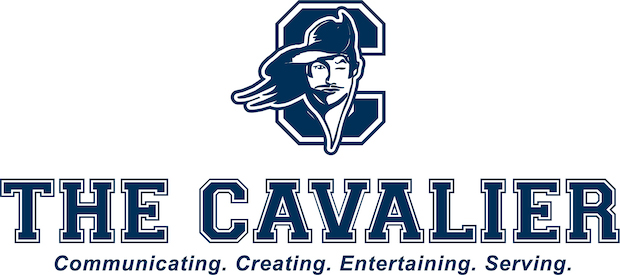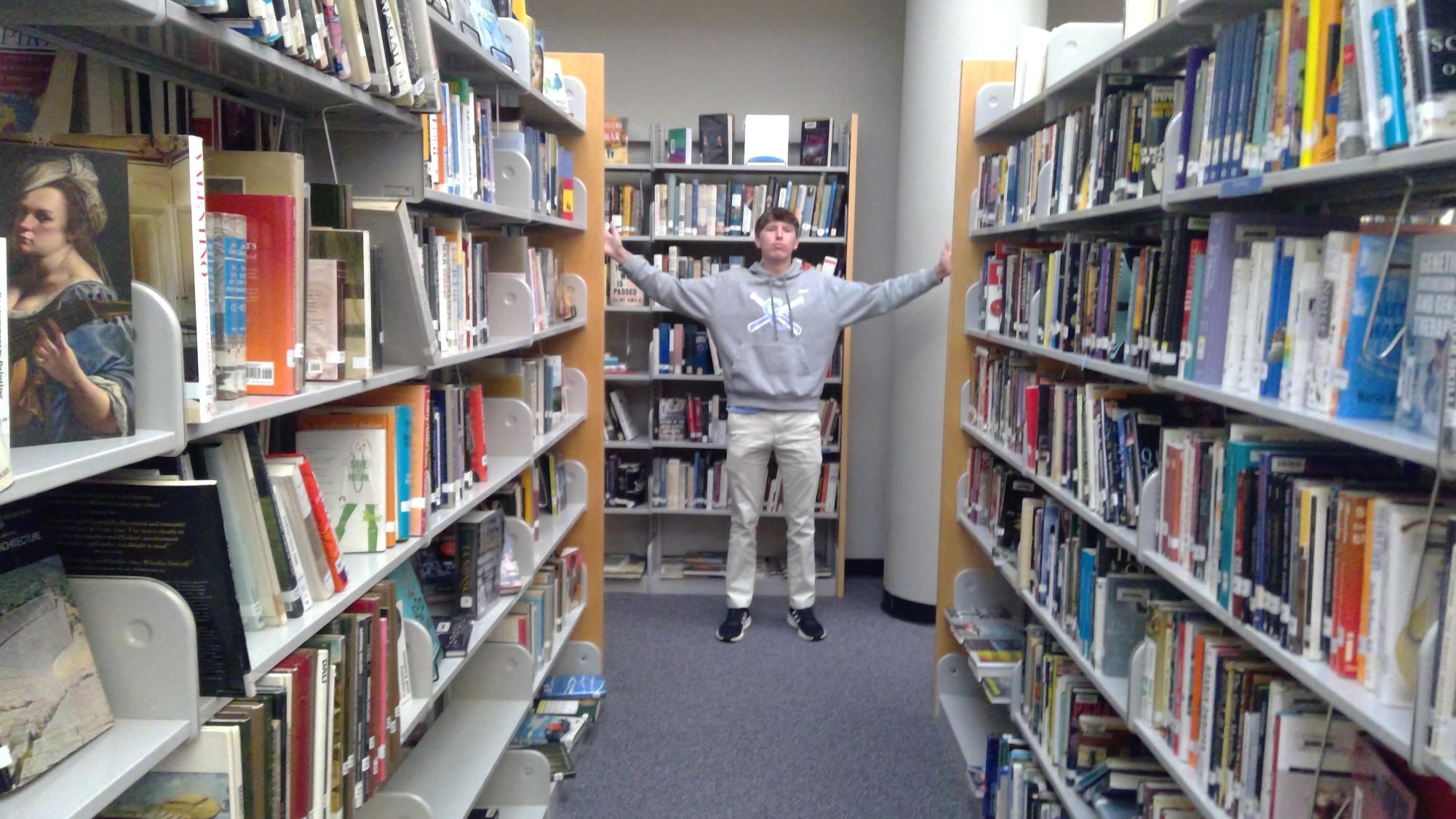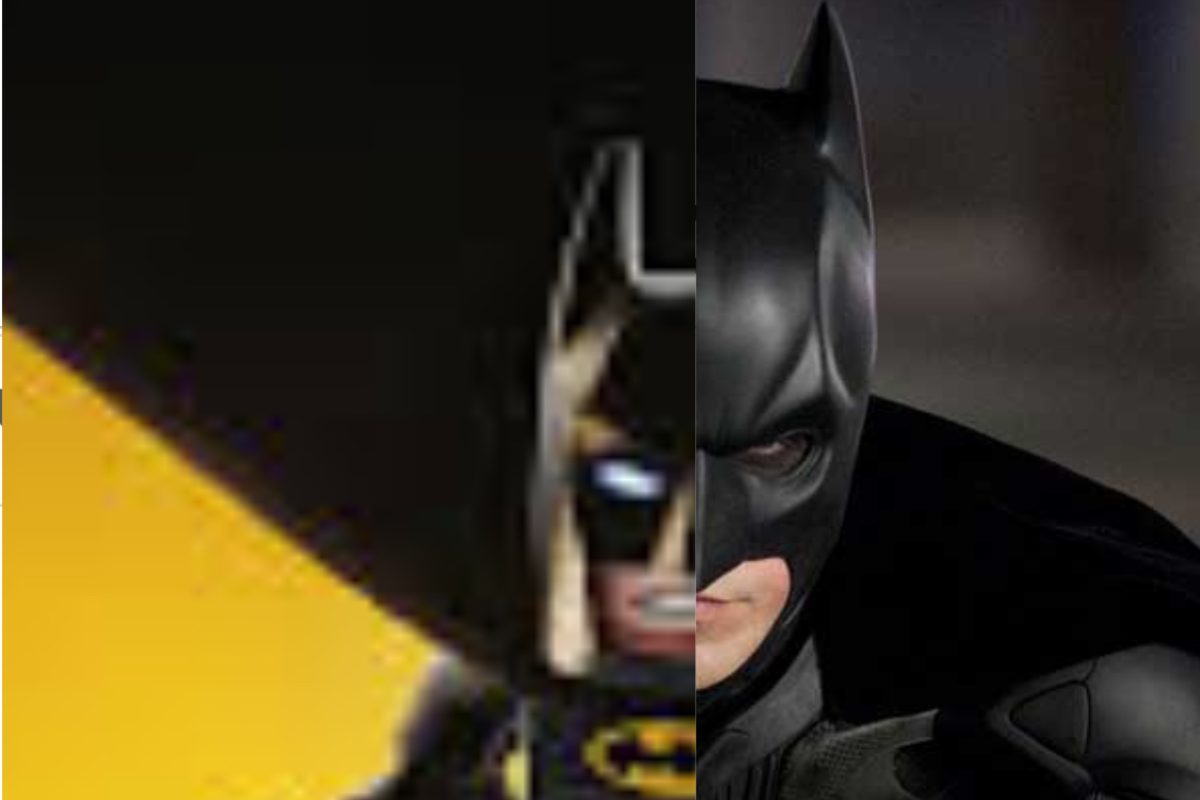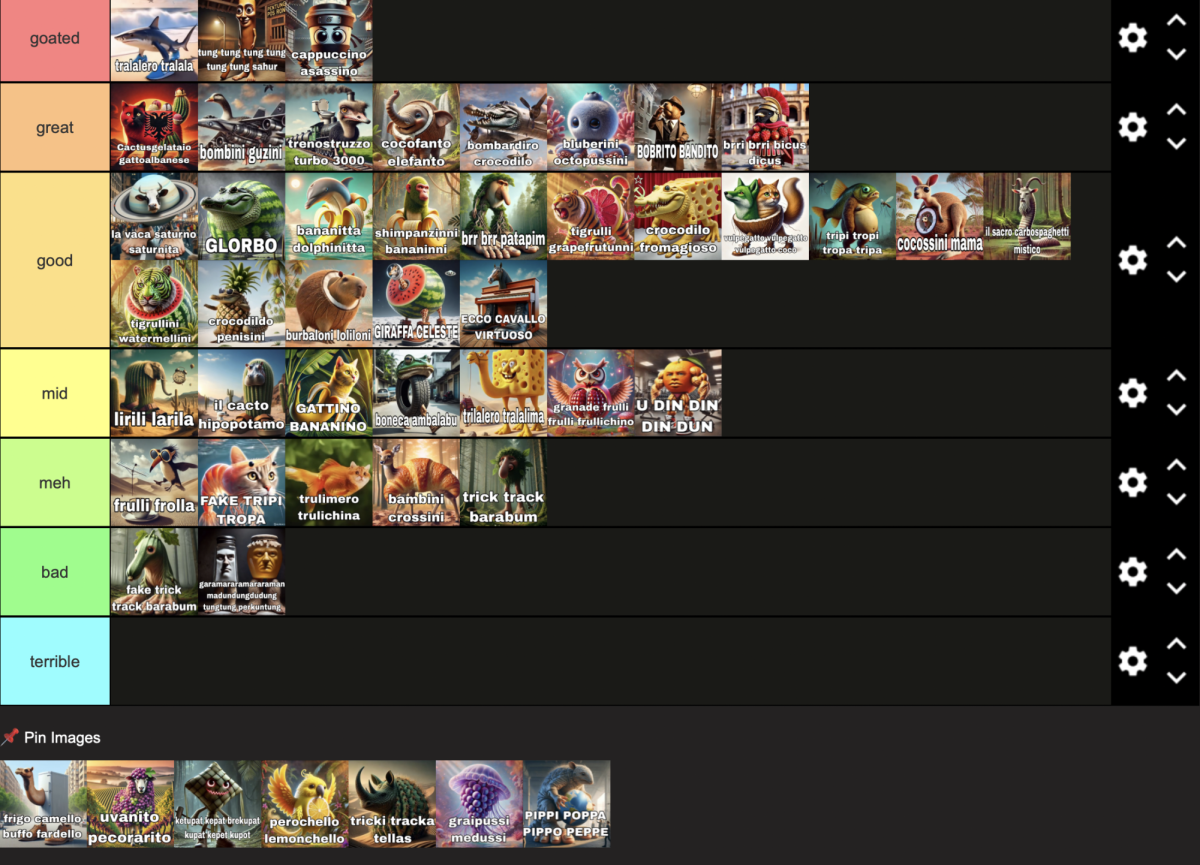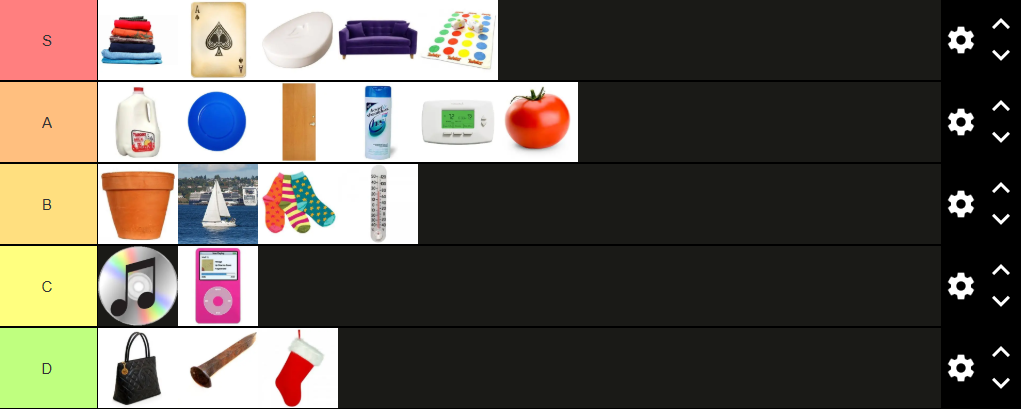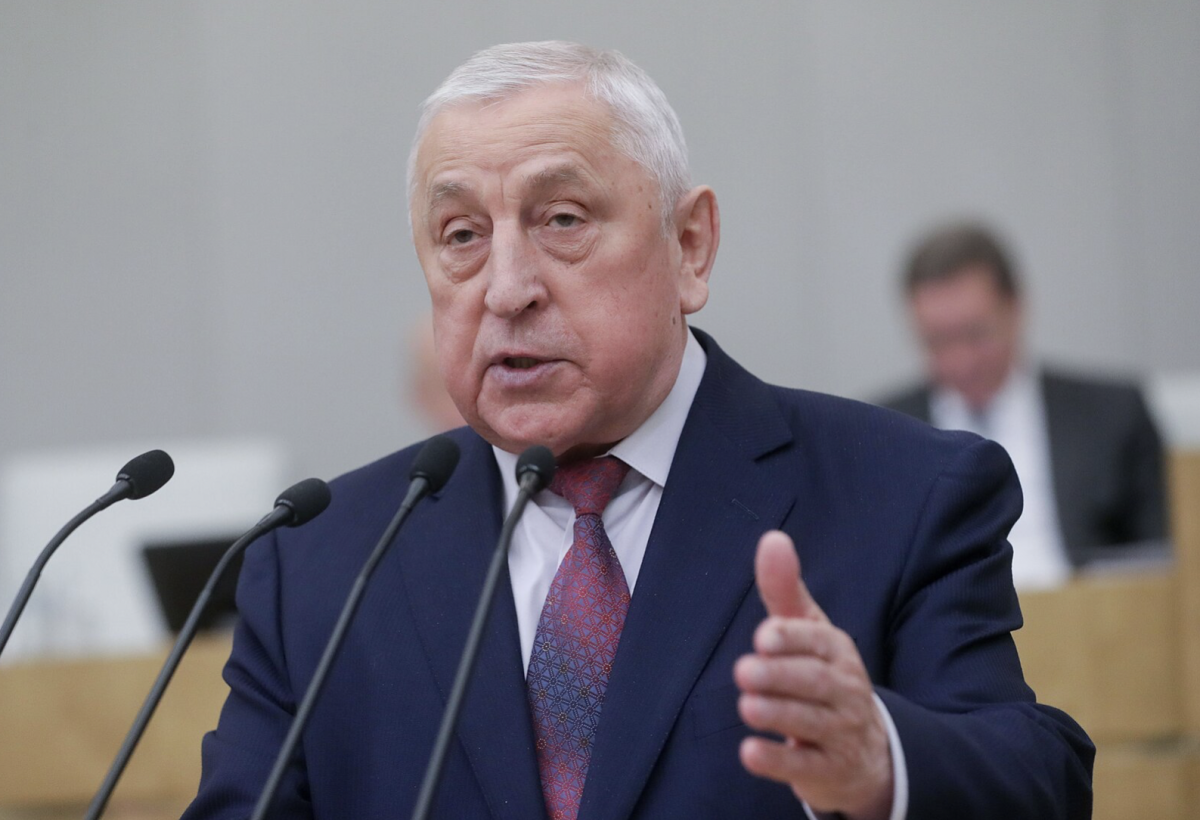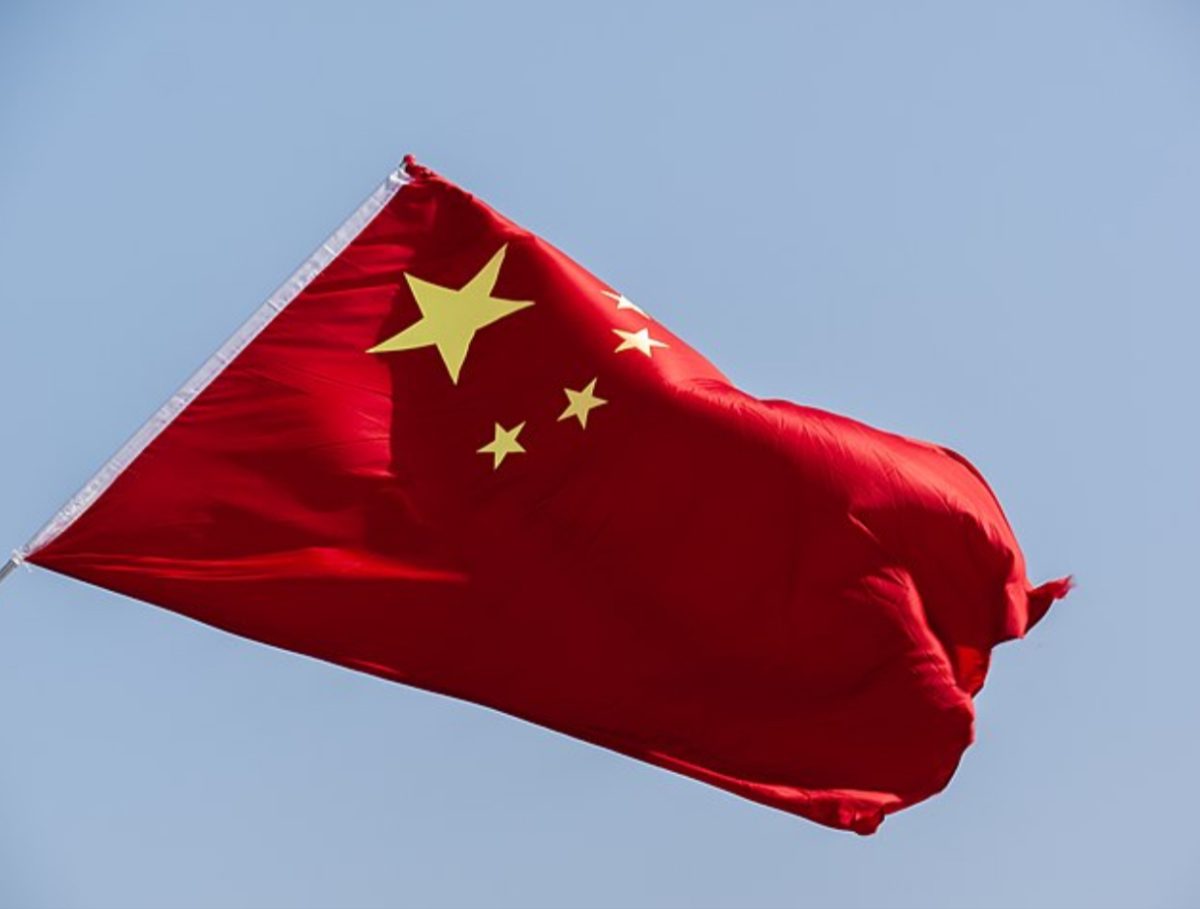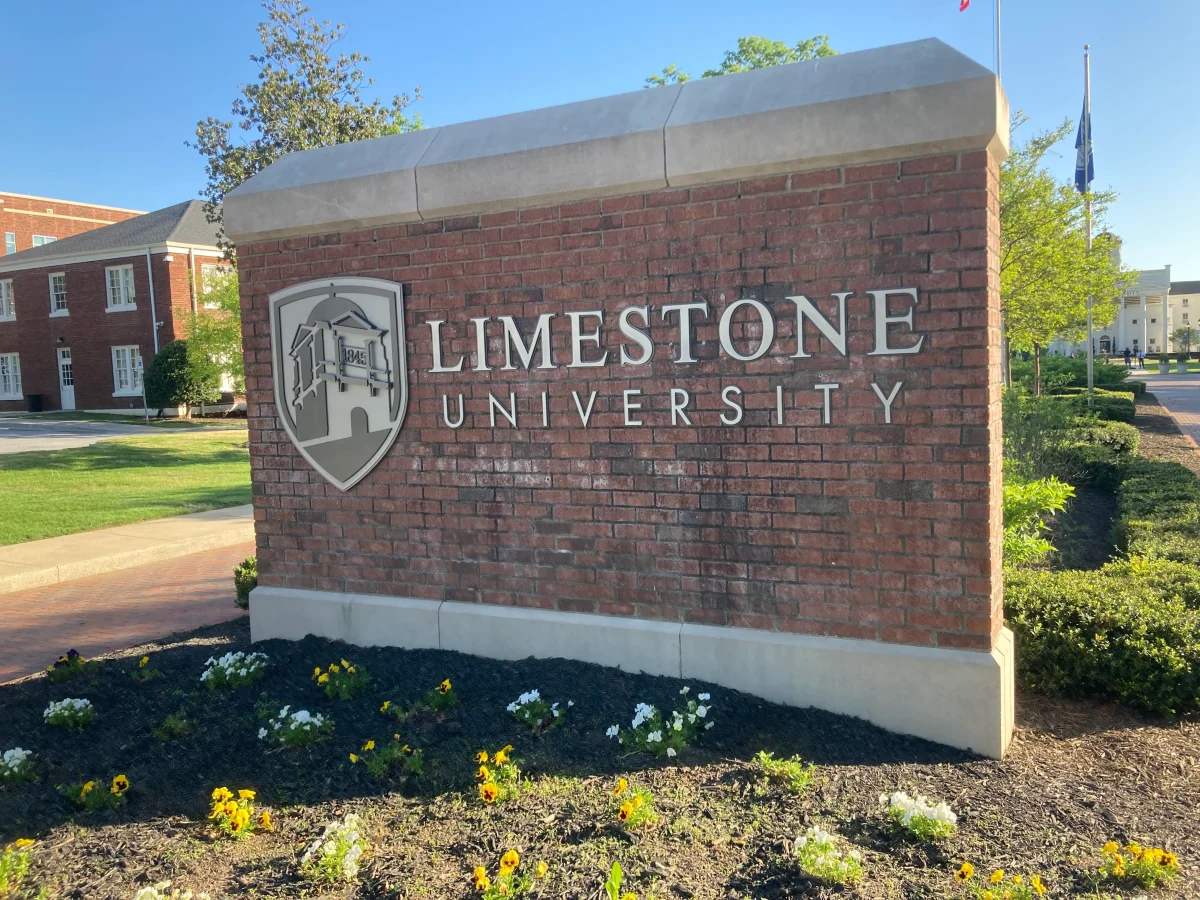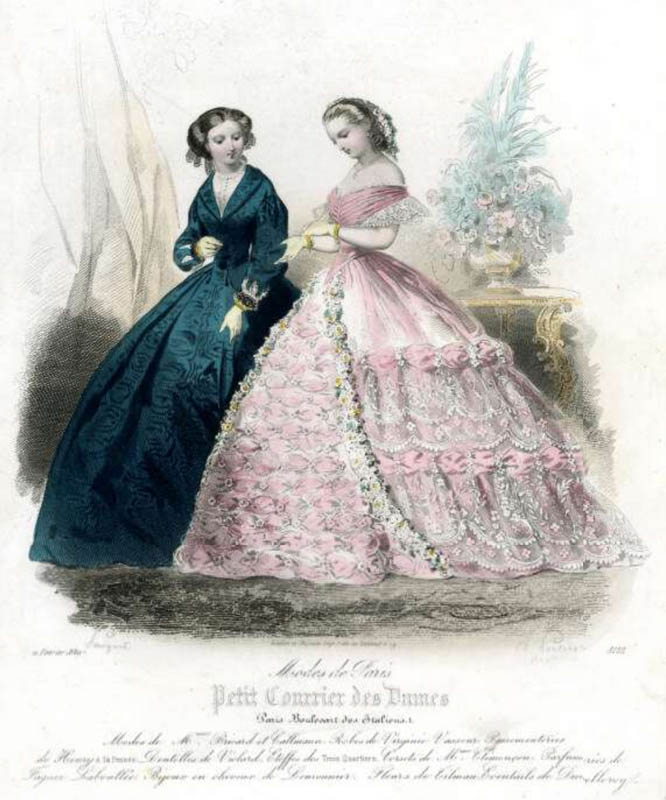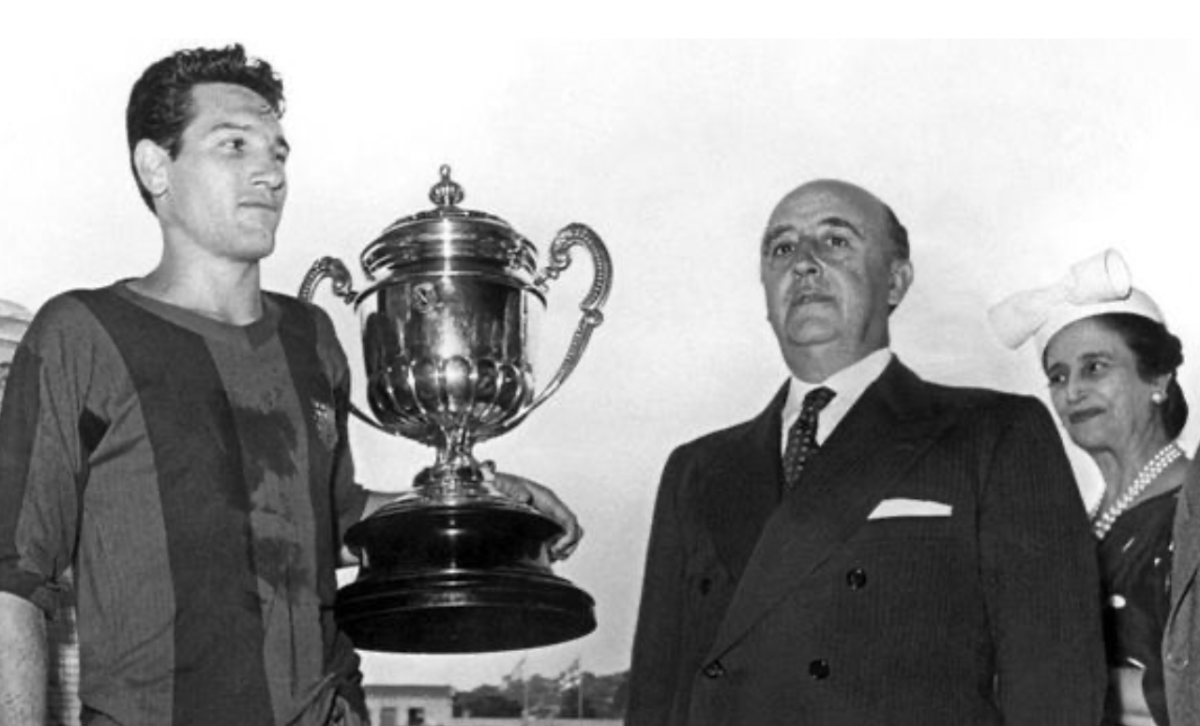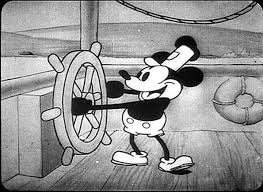I have read nine books this year. Is that good? I don’t know. Considering our librarian Mrs. Gregory has read at least 65 books this year, maybe I’m a little bit behind. Maybe I’ll catch up by the end of the year? Anyway, I reviewed all the books I have read this year. These books are for the politically and historically inclined, so if you have a family member who likes a good read about Yugoslavia or the War on Terror commentary, these might be a nice holiday gift for that special someone.
Say Nothing: A True Story of Murder and Mystery in Northern Ireland
By: Patrick Radden Keefe
Published: 2018
Around this time last year, I really fell down the rabbit hole of the Irish unification movement and the conflict surrounding it. “The Troubles,” the rather vague name for nearly 3 decades of political violence in Ireland, engulfed the island and reduced places like Belfast and Derry to warzones reminiscent of Sarajevo and Mogadishu.
Say Nothing documents the process in which a Boston College-sponsored research team interviewed combatants from both sides of the Troubles. The interviews caused a legal battle to ensue with the combatants admitting openly their heinous crimes. Irish and British authorities pursued the opening of the tapes, which was meant to take place after all of the interviewees had passed away, and then proceeded with prosecution.
Say Nothing also explores the murder of Jean McConville, a mother of ten, at the hands of the IRA in 1972. The IRA believed the mentally distraught McConville, deep in debt and reeling from the loss of her husband Albert, was a British spy. Boston College’s audio history of the Troubles was the focal point for the McConville investigation as investigators hoped that somebody would admit to the murder. Dolours Price was one of the interviewed combatants. An anomaly amongst the IRA, being a female fighter, Price was the inspiration behind the book in the first place. The stories of Price and McConville are the main characters of this story. In a conflict dominated by men, two women catch the author Keefe’s attention.
Why I recommend this book
While this book mainly focuses on the legal battles surrounding the Boston College oral history, this book is a very comprehensive and informative history of the Troubles, the IRA, the loyalist cause, and the political ramifications of this time period in Ireland. I would recommend this to somebody who wants a history of the Troubles working in tandem with a really well-done true crime narrative. If you want a complete history of the IRA without the crime narrative, I’d recommend A Secret History of the IRA by Irish journalist Ed Moloney. That book explores more of the political intrigue during the Troubles and the buildup to the Good Friday Agreement.
Rush Limbaugh Is a Big Fat Idiot and Other Observations
By: Al Franken
Publish: 1996
Former Minnesota senator Al Franken wrote a number of books during his build-up to his very fake presidential campaign and his very real Senate career. A veteran of Saturday Night Live, Franken had always been involved and interested in politics, frequently playing politically charged characters on the sketch comedy show. It wasn’t until his second book came out in 1996, Rush Limbaugh Is a Big Fat Idiot and Other Observations, that he really leaned into being a fantastic critic of Capital Hill elites.
This book savagely attacks conservative radio shock-jock Rush Limbaugh (you could probably guess by the name of the book), Senator Bob Dole, paleoconservative commentator and future presidential candidate Pat Buchanon, and Speaker of the House Newt Gingrich. Whether it be calling out the supposed “family values” of men like Gingrinch (who divorced his wife while she was battling cancer) or the hawkish nature of draft dodgers like Rush Limbaugh and Pat Buchanon, Franken brilliantly exposes the hypocrisy of some of the 90’s most important political figures.
Franken uses cartoons, fake interactions with Limbaugh, fake interns fact-checking for him, and his natural talent as a writer and comedian to create a very quick read. I personally read this book on two different flights to and from Madison, Wisconsin, so if you have a flight coming up soon, you might want to pick up Rush Limbaugh Is a Big Fat Idiot and Other Observations.
Why I recommend this book
It may be a little outdated, but I think if you like Al Franken and you like liberals bashing conservatives from a 90’s perspective, then I’d give this book a read. Otherwise, if you don’t have some background knowledge regarding Clinton-era Washington, it will be a tough read and hard to understand the humor.
Lies My Teacher Told Me: Everything Your American Textbook Got Wrong
By: James W. Loewen
Published: 1995, 2007, 2018
A professor of sociology at the University of Vermont, James W. Loewen wrote Lies My Teacher Told Me originally in 1995. Using 10 different high school textbooks, Loewen denounced the Eurocentrism and mythological stories of America. Crafted using an extensive bibliography of primary sources, Loewen creates a newer, truer American history.
I personally think Loewen’s history of the early contacts between Europeans and indigenous Natives is the best part of this book. His usage of historically accurate primary sources documenting and denouncing the atrocities committed against Natives really shows just how brutal the initial conquests of America were. It’s substantial and dispels many arguments for the glorification of Christopher Columbus and other early “discoverers” of America.
Why I recommend this book
Loewen’s history of America is a much more realistic portrayal of our past. For an almost 400-page book, I got through it in about four weeks if I remember correctly. I recommend reading about a chapter a day for this book. It’s very informative, and for an unofficial textbook, is way more entertaining to read than the standard textbook.
No Country for Old Men
By: Cormac McCarthy
Published: 2005
In my eyes, this is Cormac McCarthy’s magnum opus (it should be noted I have never read Blood Meridian.) Following good ol’ boy Llewelyn Moss, this despondent tale takes place along the Mexico-American border as Moss attempts to escape the personification of humanity’s sin, Anton Chigurh.
Like the critically acclaimed movie adaptation, the book follows the perspectives of Anton, Llewelyn, and Sheriff Bell, the man who wants to protect Llewelyn from Anton. The movie is a near word-for-word remake of the book, besides a few differences in line delivery and a scene between a 16-year-old girl and Llewelyn towards the end of the book being cut from the movie. Anton’s menace is still felt as he coldly murders his enemies and dissenters to his unknowable cause. Also, having watched the movie, I can perfectly line up the scenes in my mind. I always try to visualize stories in my head when I’m reading books, and because I have watched No Country for Old Men many times before, visualizing the book isn’t difficult.
Why I recommend this book
The book certainly elevates the already amazing movie and the performances by all the actors and actresses involved. It doesn’t matter in which order you consume this story, they are both incredible. No Country for Old Men is a story everybody should read AND watch.
To Kill A Nation: The Attack on Yugoslavia
By: Michael Parenti
Published: 2000
If you need a comprehensive history of the Yugoslav wars from a pacifist American perspective, this is the book for you. A critique of Western media practices, NATO atrocities, and America’s role in the downfall of Yugoslavia, Michael Parenti combines all three into a wonderfully short book.
I originally found out about this book while listening to one of Parenti’s lectures about President Clinton’s military intervention in Serbia and Kosovo. Why was I listening to a lecture about President Clinton’s military intervention in Serbia and Kosovo? To put it lightly, I’m a huge dork. Parenti’s view of U.S. involvement in the creation of Kosovo as a nation helped shape my own in many ways and also helped influence my views towards future military involvement overseas. One of the most compelling aspects of this book is Parenti’s evisceration of 24/7 around-the-clock news media. CNN, FOX, NBC and the other major networks helped stir the pot and justify NATO bombings on a scale that Serbian and Yugoslav forces couldn’t even begin to compete with.
Why I recommend this book
As I mentioned above, this book is a challenge to the common narrative surrounding what happened in Yugoslavia during the 1990’s. If you are someone who enjoys somewhat niche historical wars that subtly have massive implications for today’s political landscape, I’d recommend this for you. Otherwise, without some background knowledge of 1990s American foreign policy and the last pillar of communism falling in Eastern Europe, you’d probably find this book kind of boring.
Superpatriotism
By: Michael Parenti
Published: 2004
What makes the United States great? That is the focal point of this book. In another Parenti book, the author analyzes the “flag-waving superpatriots” who are quick to support conflicts unnecessary and illogical to U.S. foreign policy. Published only a year and a half after the second invasion of Iraq, the book’s arguments ring all the more true within that historical context.
Parenti surmises that the politicians in Washington and the elites on Wall Street want and need war for the advancement of their agendas. All the while, working and middle-class Americans quickly fill the military ranks to fight for a nation that will not give back to them. The superpatriots in the media (Parenti isn’t a big fan of corporate media if you couldn’t tell by now) use their primetime slots to push the cause of war. Parenti also discusses how “superpatriotism” and its idiosyncrasies make their way into our everyday lives. Sporting events, schools, and religious spaces are just some of the ways the ills of superpatriotism affect our lives.
Michael Parenti doesn’t hate America. He believes that real patriots can point out and work to solve the very legitimate flaws of America and make our country a better place. He believes that the people of the United States, the pacifists, the anti-war advocates, the voters, the workers, the scholars, will continually be stronger than the few who make the decisions for this nation.
Why I recommend this book
I think if you want a critical analysis of Bush-era, post-9/11 patriotic fever being used to wage war overseas, Parenti captures that really well in this story. This book also doubles as a breakdown of American nationalism disguised as patriotism which is timeless and can be applied outside Bush-era politics.
Dark Alliance: the CIA, the Contras, and the Crack Cocaine Explosion
By: Gary Webb
Published: 1998
The second presidential term of Ronald Reagan was marred by one of the biggest political scandals in U.S. history: the Iran-Contra affair. While facilitating arms to Iran, an enemy of the United States, the Reagan Administration and Central Intelligence Agency diverted the profits made from the illegal weapons sales to the right-wing Nicaraguan Contras rebels. These rebels were fighting to restore the dictatorship of Anastasio Somoza who had been overthrown by left-wing Sandinistas fighting under their own brand of Christian-Marxism. About a decade after the scandal first broke, in 1996, investigative journalist Gary Webb discovered an even more damning link in this scandal: the CIA helped create the crack epidemic in inner-city America to support the Contra rebels.
First published in the San Jose Mercury News as a three-part series, Webb was encouraged by his publisher to follow up on his findings and write a book. This epic tale involved impoverished inner city kids like Freeway Ricky Ross being gifted literal tons of crack cocaine by men like Oscar Danilo Blandon Reyes, a Nicaraguan rebel living in Los Angeles and receiving cocaine from his homeland, Pablo Escobar, and Panamanians under the watch of CIA agent and dictator Manuel Noriega. Cocaine drop planes and “frogmen” swimming under boats to retrieve their shipments in the San Francisco Bay were just some of the ways the Contras and CIA funneled cocaine into America. If anything, this story shows just how vast the CIA and Reagan/Bush administration’s efforts were in South America during the 1980’s and 1990’s. Gary Webb also points out that while the “war on drugs” was a huge talking point for the Reagan Administration, the war seemed to be growing more unwinnable because of the CIA.
Why I recommend this book
Unlike some of the more broad topic books I have read this year, this book has a specific story to follow and isn’t muddled by the off-the-cuff style of writing. It has a lot of primary sources, interviews, and classified information to solidify the authenticity of Gary Webb’s findings. I’d recommend this book to anyone because it’s not a biased tale but a straightforward, very long-form journalistic piece by a celebrated investigative journalist.
A People’s History of the United States
By: Howard Zinn
Published: 1980, 1995, 1999, 2003, 2005
Like many people, I found out about this book through the 1997 film Good Will Hunting. In one scene as the “wicked smaht” Will walks around Dr. Maguire’s office, he tells Maguire to read People’s History, saying it’ll change his perspective of history. Of course, Matt Damon’s character delivered this line in far earthier and Bostonian terms. But you want to know why Matt Damon referenced this book in the first place? He was neighbors with the author Howard Zinn as a kid.
People’s History is a top down reexamination of American history. Written in the same vein as the previously mentioned Lies My Teacher Told Me, Howard Zinn brings to life his “heroes,” the laborers, the protestors, the anti-war activists, the women and civil rights leaders, the people who brought life to that living document we love so much: the Constitution. Zinn’s book inspired the labor unions piece I wrote earlier this year because of his detailed writing of labor history in the early 20th century. Zinn also writes extensively about the anti-war protests of not just the Vietnam War, but the Spanish-American War, World War I, and Mexican-American War as well. One of the best things Zinn does in this book is break down the almost monolithic view of the Civil Rights Movement of the 1960s and 70s. Martin Luther King was an incredibly influential man, but amongst his movement were other impactful poets, ministers, politicians, laborers, students, academics, veterans, and a whole host of others from all walks of life. Heck even Howard Zinn himself played a part in sit-ins, marches, and speeches in Atlanta, Alabama, and all over the Deep South.
Why I recommend this book
It’s hard to put into words how important this book has been to modern histology. People’s History reviews our past and finds the people, leaders in their own right, who stood up to injustice before society or government was ready to act. Americans everywhere have fought the power whether it be a sit-in at a segregated restaurant, a slave running away to freedom, a prisoner protesting for humane treatment, a pacifist arrested for an anti-war protest, or a soldier refusing to kill for the general, the businessman, and the politician. Americans of old spoke up and Americans today will continue to speak up. That was Howard Zinn’s vision. I’d recommend People’s History for everybody to read. It’s truly an American classic.
You Can’t Be Neutral on a Moving Train: A Personal History
By: Howard Zinn
Published: 2004
I would like to begin by saying: read this book after People’s History. It makes a lot more sense. Howard Zinn’s memoir isn’t very long, but it gets right to the point of his work and career. Zinn in a very real sense is far from the standard professor. He helped organize sit-ins in Atlanta while working at Spelman College. He was one of the first academics to question and protest growing U.S. action in Vietnam, Laos, and Cambodia. He marched with John Lewis and met with Martin Luther King. Once a working-class Jewish kid from Brooklyn, Zinn documented and cemented his own history throughout his life.
This book serves as the best explanation for what I think of as Zinn’s “radical pacifism.” Once a bombardier in the European theater of World War II, Zinn’s anti-war advocacy began after a chance encounter with one airmen who questioned the “noble war” against fascism. Zinn had joined the war to fight against fascism and nazism but seeing innocent people die all across the world changed his view of conflict. It’s a very complex rationalization of his anti-war advocacy and it explains so much of his activism. Written just a year after the second U.S. invasion of Iraq and three years after the invasion of Afghanistan began, Zinn’s nonviolence is confronted by escalating war halfway around the world.
Zinn discusses his reliance on “civil disobedience” in this book. To Zinn, civil disobedience is the act of protesting an unfair and unequal system even if said protest is illegal or subject to crackdowns. Zinn talks about being arrested while marching in Alabama, Washington DC, and Boston against inequality, racism, and militarism. His actions like so many were shamed by police and by politicians but they were a part of movements that ended Jim Crow and the war in Vietnam. Sometimes to combat evil, we must bend (and even break) laws.
Why I recommend this book
I mentioned above that if a new reader is going to dive into Howard Zinn’s work, it makes sense to read A People’s History of the United States before You Can’t Be Neutral. Not only is People’s History way more popular than You Can’t Be Neutral, but the second book is both a prequel and sequel to Zinn’s magnum opus. He explains why he wrote People’s History and also the notoriety that resulted from the book. One thing that permeates this book is Zinn’s humility and gratitude. He repeatedly thanks the students who believed in him and the readers of his books. It’s very wholesome.
